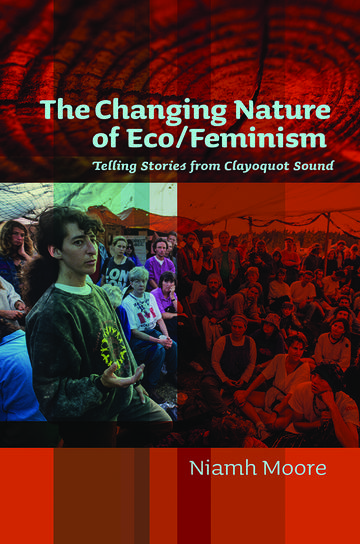Twenty-odd years after activists set up a peace camp blocking a logging road into an extensive area of temperate rainforest in Clayoquot Sound, that summer of protest still holds a prominent place in Canadian environmental discourse. Although the camp was said to be based on feminist or eco/feminist principles, insufficient attention has been paid to its impact on feminism and the debates that were raging at that time. Moore sets out to remedy this through a careful, qualitative study of the peace camp. She demonstrates that the sheer vitality of eco/feminist politics at the camp confounded dominant narratives of contemporary feminism and re-imagined eco/feminist politics for new times.
Niamh Moore is a Chancellor’s Fellow in sociology at the University of Edinburgh.



